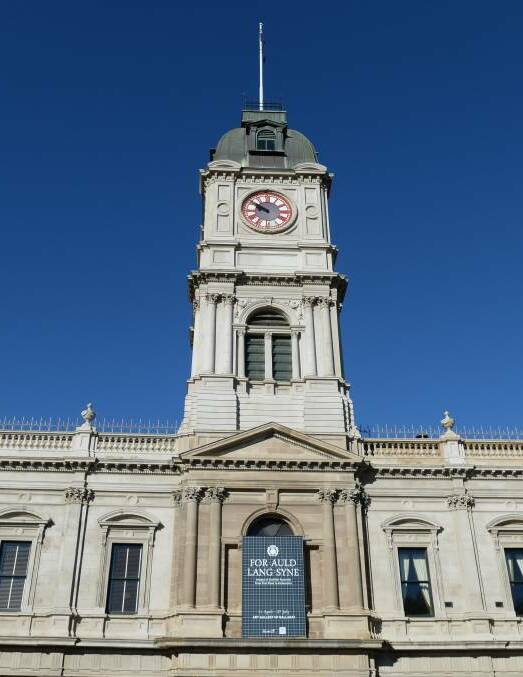
As we say goodbye to the triumph that was Ballarat’s second White Night, many of us sit back and think about the progress our city has made in the past decade.
Subscribe now for unlimited access.
or signup to continue reading
The ever-burgeoning food scene, vibrant arts community and continued reverence for heritage are inspiring more diverse nuances for our city’s identity. However, there’s still work to be done.
Balancing such progress with the social health of our community during population and cultural growth presents a challenge for our leaders.
In thinking about the wants and needs of our community, we often look toward our council, whose strength and cohesion will be a defining factor of the progress of our city.
But it is here that challenges lie – a minefield of political persuasions, contrasting agendas and a myriad of demands from an increasingly diverse local population.
In the City of Ballarat’s council chambers, a mission statement reads: “We, the Councillors of City of Ballarat, declare that we will carry out our duties in the best interests of the community and, through collective leadership, will maintain the highest standards of good governance.”
But what does ‘good for Ballarat’ look like? The question then arises as to what comprises good governance, and over what issues?
Social initiatives, mental health programs and youth issues are often missing from the conversation, cast into the grey areas between non-government, local, state and federal priority.
Looking at the state of Ballarat today we are often left asking, where does this social responsibility lie? And who will make sure action is taken?
A critical part of the answer is one in which we can each play an integral part.
Advice from former Ballarat councillor Vicki Coltman is straightforward; take responsibility, get involved, be informed and use our voices to be the change we want to see.













